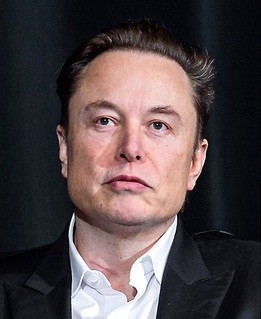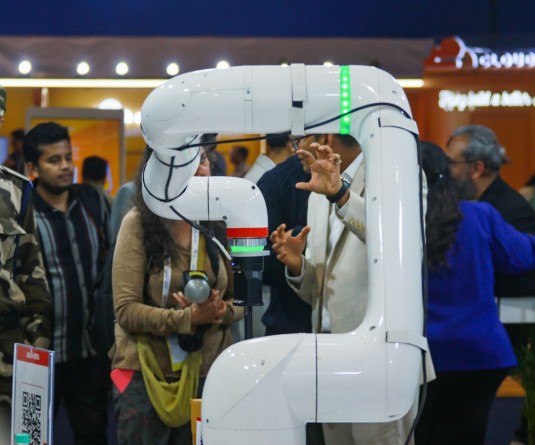IANS Photo

New Delhi, January 30 (IANS) Tesla and SpaceX CEO Elon Musk has announced that his brain-computer interface company Neuralink has successfully achieved its first human implant, and the test subject is recovering well.
Musk said that the company's first product, called Telepathy, would bring control of a phone or computer just by thinking.
Neuralink last year received the US Food and Drugs Administration (FDA) approval for human trials and said in September it was looking for its first test subjects for the six-year initial trial.
"The first human received an implant from @Neuralink yesterday and is recovering well," Musk posted on X late on Monday.
"Initial results show promising neuron spike detection," he added. The first Neuralink product is called Telepathy, informed Musk.
According to the billionaire, it will enable control of your phone or computer, and through them almost any device, just by thinking.
"Initial users will be those who have lost the use of their limbs. Imagine if Stephen Hawking could communicate faster than a speed typist or auctioneer. That is the goal," Musk further said.
In November last year, the brain-computer interface company raised an additional $43 million in venture capital, according to a filing with the US Securities and Exchange Commission (SEC).
The filing showed that the company raised its previous tranche, led by Peter Thiel’s Founders Fund, from $280 million to $323 million in early August.
Thirty-two investors participated in the round, as per the filing. Neuralink, which was founded in 2016, has developed a sewing machine-like device capable of implanting ultra-thin threads inside the brain.
The threads connect to a custom-designed chip with electrodes that can read data from groups of neurons.
"The PRIME Study (short for Precise Robotically Implanted Brain-Computer Interface) aims to evaluate the safety of our implant (N1) and surgical robot (R1) and assess the initial functionality of our wireless brain-computer interface for enabling people with paralysis to control external devices with their thoughts," the company had said in a statement.






